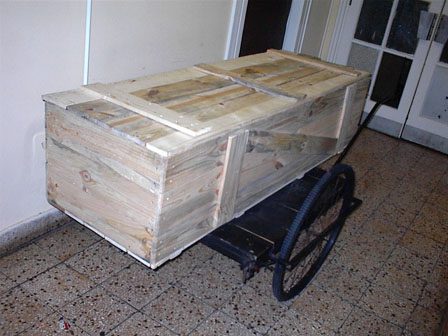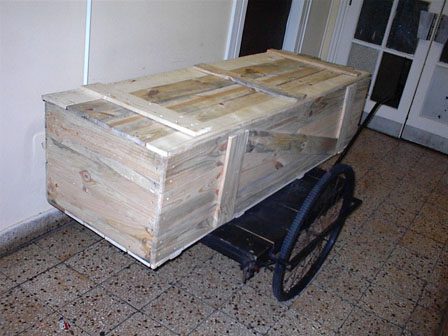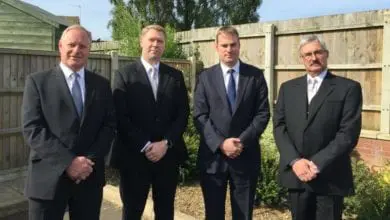Families turn to donating bodies to medical research in financial climate

 With the global recession having hit the pockets of Europeans hard, and with unemployment and national debt leaving little expense for funeral services, it seems that many Spanish people are taking alternative measures.
With the global recession having hit the pockets of Europeans hard, and with unemployment and national debt leaving little expense for funeral services, it seems that many Spanish people are taking alternative measures.


